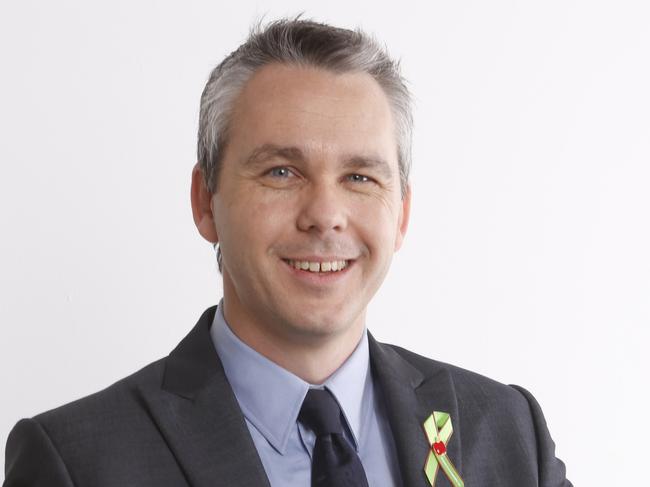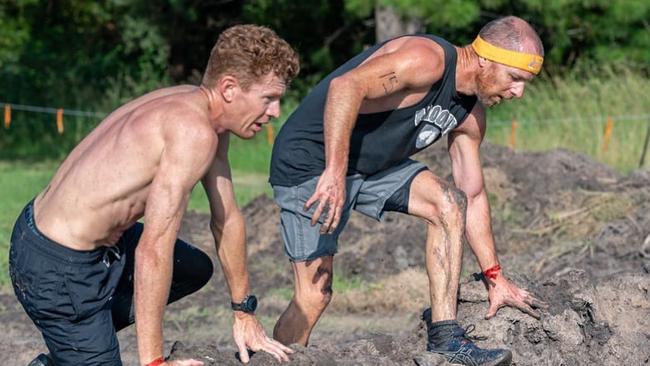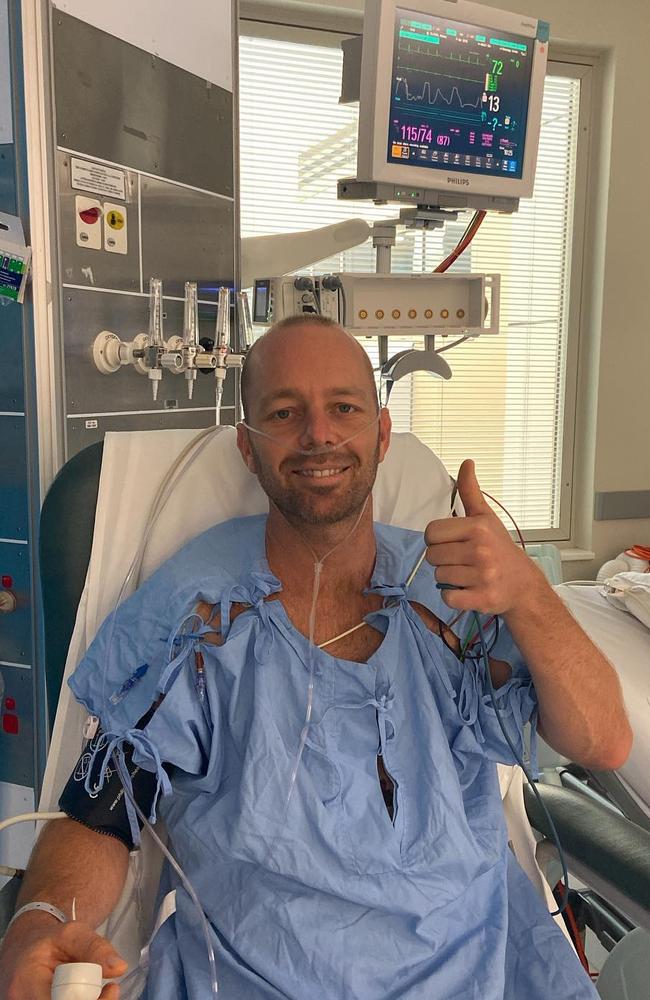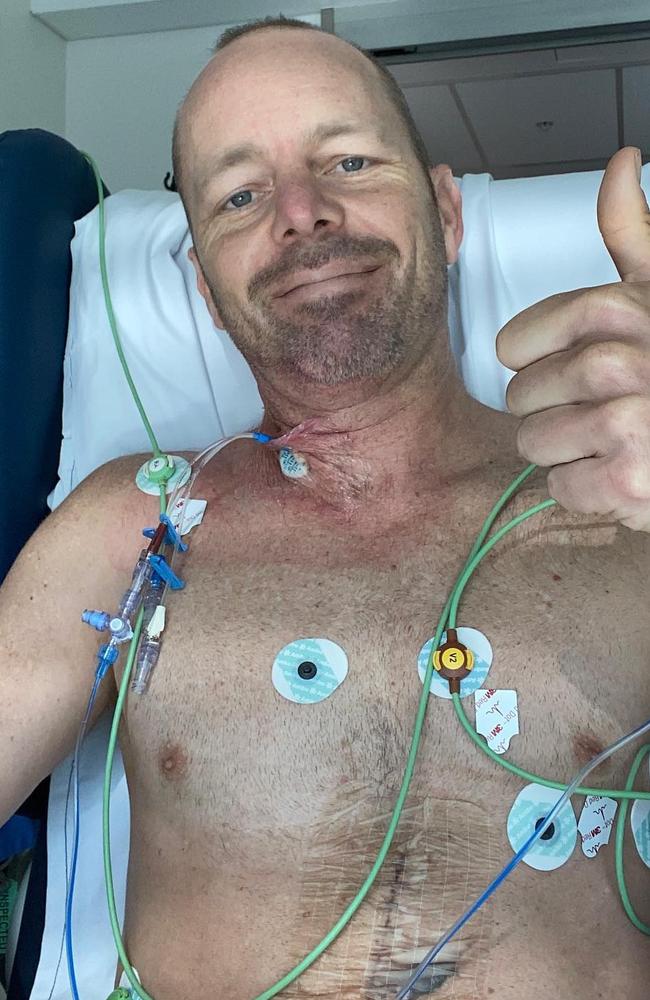Calls for younger Aussies to get screened for bowel cancer
Bowel cancer rates are surging in those aged under 50 and new draft guidelines are calling for the national screening program to start years earlier. See what it means for you.
National
Don't miss out on the headlines from National. Followed categories will be added to My News.
EXCLUSIVE
Bowel cancer screening should start five years earlier at the age of 45, new guidelines commissioned by the federal government recommend.
It comes as an increasing number of younger Australians are being diagnosed with the cancer, which now kills more people aged 25-44 than any other type.
Currently bowel cancer screening starts at the age of 50, when people are mailed a stool test that is undertaken at home and sent to a pathology laboratory for testing.
If the test is positive, their doctor will send them for a colonoscopy to check if they have cancer.
One in 10 new bowel cancer cases (1680) are now occurring in people under the age of 50.
And between 2008 and 2018 there was an alarming 61.1 per cent jump in bowel cancer incidence among those aged 30-44.
The Australian Government provided funding for cancer research group the Daffodil Centre to draw up new testing guidelines and for the first time, its draft document recommends the National Bowel Cancer Screening Program (NBCSP) fund free stool tests every two years for people aged 45-74.
The new draft guidelines also allow for those aged 40-44 to ask their GP for a screening test every two years outside the NBCSP until the free testing program kicks in.
This can already happen, although is not widely known.

Bowel Cancer Australia (BCA) has been calling for the change since 2018 and said “given the rising rates of bowel cancer in people under 50 it will help prevent more people from dying from the disease”.
However BCA CEO Julien Wiggins cautioned, the draft recommendations were yet to be made final, they are open for public review until May 17.
Before they can be adopted, they must be endorsed by the National Health and Medical Research Council.
The government would then need to provide more funding to pay for the extra tests.
The change would bring Australia into line with the rest of the world. The American Cancer Society guidelines were changed to recommend screening from the age of 45 in 2018.
There has been a sharp increase in bowel cancer diagnoses in younger people with rates among those aged 15-24 years rising by 367 per cent since 1984.
“We still don’t know why younger people are getting bowel cancer,” Mr Wiggins said.

BCA is funding research into early-onset bowel cancer and is bringing
early-onset bowel patients to Canberra to meet politicians and champion lowering the screening age.
“No one should ever be told they are too young to get bowel cancer,” Mr Wiggins said.
Most Australians currently eligible for bowel cancer screening are not completing their tests.
In 2020–2021 almost 6.1 million people aged 50–74 were mailed a test but only 2.5 million people returned it — a participation rate of just 40.9 per cent.


Fitness trainer Anthony Ellison was diagnosed with bowel cancer just two days before his 40th birthday but it had already spread to his liver.
The 43-year-old father from Newcastle, NSW, is now making memories with his daughter Olive aged seven.
“It’s tough, tough conversations to have when she talks about death and you know, you can’t give them the response that they want to hear,” he said.
Like many younger bowel cancer patients Mr Ellison had to fight his GP for a colonoscopy when he developed minor bowel issues and a stool test came back positive.
“The GP was very hard to convince, to get a colonoscopy. He was quite quick to sort of say, look, it’s more than likely it’s going to be internal hemorrhoids. He’s no longer my GP,” Mr Ellison said.
Despite having a positive stool test he faced a long wait for a colonoscopy in a public hospital and opted to go private where he also had a wait of six weeks.
After the procedure, he was told he had stage four bowel cancer that had spread to his liver. And there were 20 metastases which needed to be shrunk by chemotherapy before he could have surgery.
He says lowering the age for screening will be a “game changer”.
“It wasn’t until I got involved in cancer Australia’s sort of Facebook group that I realized there’s so many people in their 30s and 40s that are getting diagnosed and diagnosed late stage,” he said.
Health Minister Mark Butler noted the bowel cancer screening guidelines were being reviewed but said they would have to be finalised before he could consider funding an earlier rollout of the program.
“We know cancer screening saves lives, and urge everyone eligible to do their free bowel cancer screening kit when it arrives in the mail,” he said.
“The Australian Government is committed to increasing participation in the National Bowel Cancer Screening Program,” he said.
More Coverage
Originally published as Calls for younger Aussies to get screened for bowel cancer





